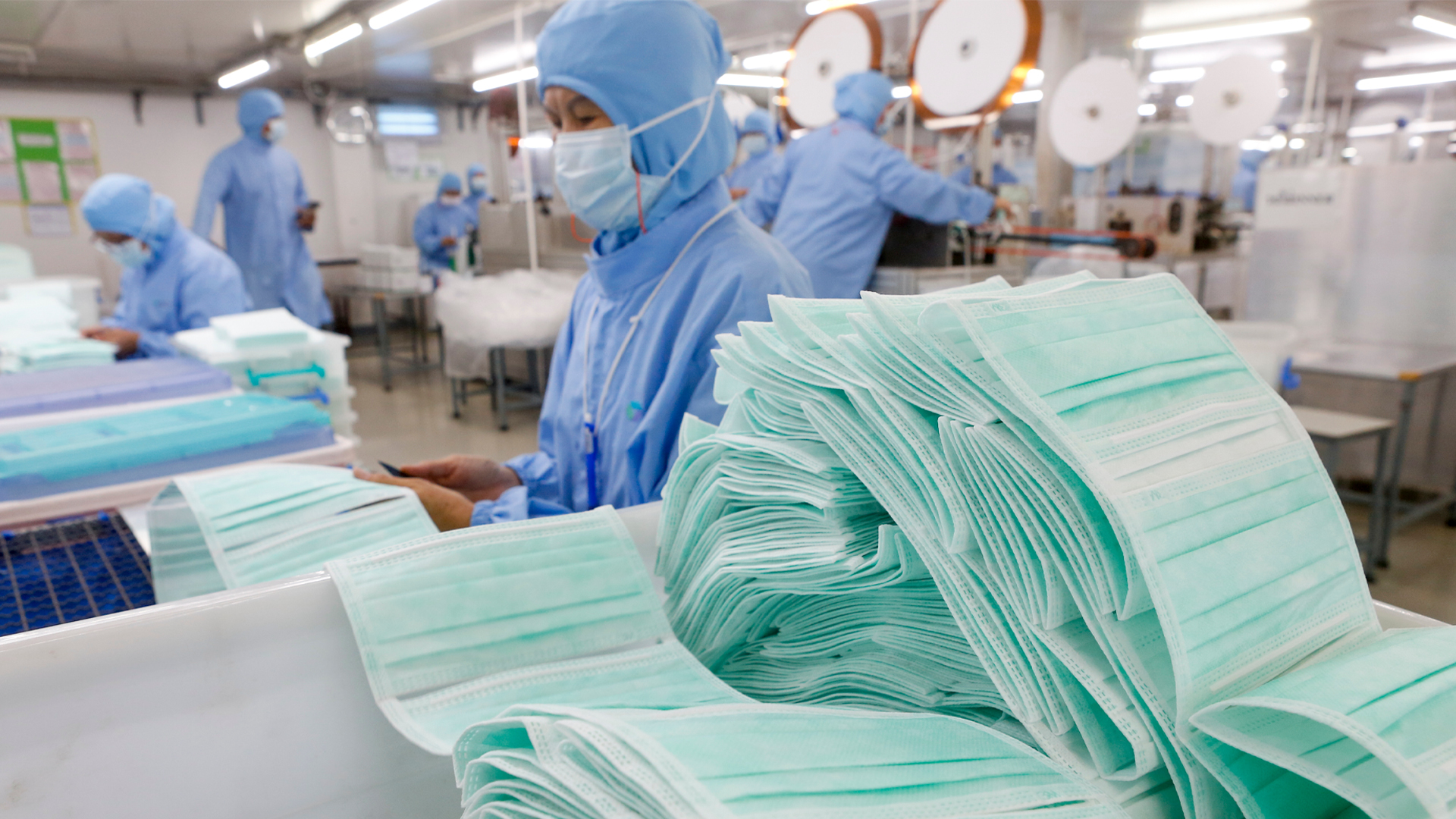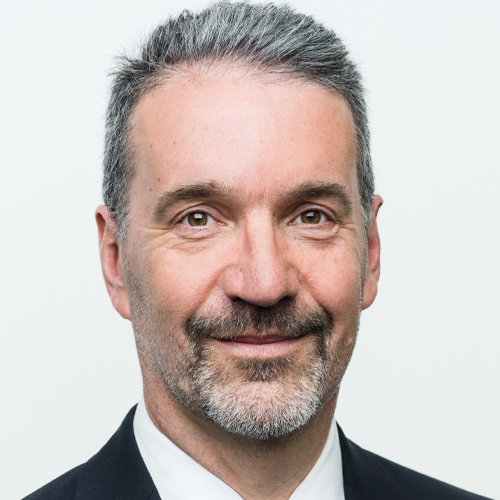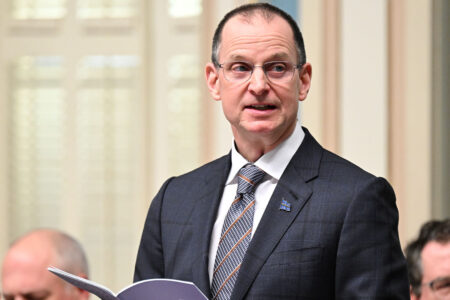
(This article has been translated from French.)
At first glance, the current health crisis is nothing like the global financial crisis of 2007-2008. One is caused by a new virus whose exact nature, location and timing could not be predicted. The other is a major economic disruption that originated with the large-scale resale of subprime mortgages by U.S. banks in a secondary market. However, these very different crises have evolved and grown because of a common factor that we want to highlight: the preponderant role of cognitive biases, i.e. the erroneous or irrational judgments that we form without even being aware of it.
Cognitive biases are default ways of thinking that come into play automatically, involuntarily, intuitively, and quickly with little effort. They are not a manifestation of ignorance or misunderstanding of the facts or scientific evidence. They are believed to be a result of a natural evolution that favoured human beings in their primitive environment to be able to recognize and react quickly to threats from predators and toxic substances or to detect the early signs of natural disasters. But these same patterns of thought do not serve us well when confronted with the political, sanitary or economic threats typical of today’s world, whose intricacies are far more complex. They may explain why crises tend to repeat after lengthy time intervals. The pandemic presents us with an opportunity to learn collective lessons that allow us to stop seeing the dramatic consequences of these crises as inevitable. To minimize the negative effects of these events, which are likely to happen again, we need to take a lucid look at our very human ways of dealing with risk.
Prior to the financial crisis of 2007-2008, the risks that led to the housing bubble were systematically overlooked. The rise in house prices was then driven by a rapid expansion in the volume of housing credit thanks to the development of a secondary market in which mortgage securities were resold. Alan Greenspan, then-chairman of the U.S. Federal Reserve, thought it best not to regulate these derivatives, which were fuelling housing speculation. Yet, in 2008, he told the U.S. Congress that he had greatly overestimated the ability of financial institutions to self-regulate.
Experts in behavioral economics have identified certain psychological drivers of this complacency. The complex nature of the situation created a fog of confusion that obscured the reality of what was unfolding for all players in the credit market. This opacity fostered availability bias, a mode of reasoning that favours the information immediately present in the memory rather than a comprehensive view of the situation. Since the credit market had functioned reasonably well for decades, it was difficult to conceive that the mere resale of mortgages on the secondary market would lead to bank insolvency. How does this situation compare to the COVID-19 pandemic?
A lack of readiness
Experts have recognized for a long time the very high probability of a major pandemic with dire health and economic impacts. It has also been clear that the foreseeable benefits of preventive measures far outweigh their costs. So why have countries not prepared themselves to a greater extent?
Many psychologists and economists have realized the irrational nature of many financial decisions. For example, the psychologist and economist Daniel Kahneman and his late colleague Amos Tversky demonstrated through numerous experiments the irrational nature of some purely economic decisions. They show, among other things, that a loss is felt with much greater emotional intensity than a gain of the same value. This explains the inadequate preparation of our societies for pandemic risks. Why spend a fortune on health protection equipment when there is a chance that it may never be needed? This loss aversion is also apparent in other situations of foreseeable risk. Just consider the enormous challenge of mobilizing both individuals and nations in the fight against climate change, even if most people do not identify themselves as climate skeptics.
A succession of amplifying biases
Other cognitive biases seem to play a significant role in pandemic situations. The avoidance behaviour, a defence mechanism that is activated to avoid coping with a frightening situation, leads some people to disregard health rules or to even deny the reality of the threat. This may be why a large proportion of the population did not follow public health rules regarding gatherings during the holiday season. Or why some people are reluctant to get vaccinated.
We should also be wary of our inclination to apply reasoning based on anecdotal evidence, such as refusing the COVID-19 vaccine because a loved one has reacted badly to some other type of vaccine in the past.
There has also been a great deal of evidence recently about the psychological phenomenon of behavioral fatigue, the waning of motivation that results from having to conform to a new norm over a long period of time. Policy-makers must deal with this phenomenon when considering the implementation of compulsory measures such as lockdowns, curfews, physical distancing and vaccine passports.
The lessons of the financial crisis
In a book published in 2013, Alan Greenspan explains how several of these biases prevented most players in the credit market from correctly understanding its true state before the financial crisis unfolded. Interestingly, even he, a free market believer, seems to have suffered from confirmation bias, in this case the propensity to favour information that confirms his belief that markets are capable of self-regulation and to reject that that negates it. This was in addition to the availability bias mentioned above.
This crisis has been disastrous because of our collective inability to put in place adequate measures to mitigate its magnitude despite warning signs that seem obvious in retrospect. Because of hindsight bias, it can indeed be easy to overstate in retrospect the ability we might have had to better anticipate events. We accepted the multiplication of financial transactions that allowed a disruption initially limited to the American credit market to spread rapidly to the entire planet.
Similar lessons can be drawn from the COVID-19 crisis.
The psychology of the masses… and of decision-makers
For both financial and health crises, some mitigating measures could be devised, taking into account the impact of our cognitive biases. It would be useful to bring an outside and disinterested look on the reflections, the conclusions and the actions recommended for the prevention and the handling of such crises in order to highlight the influence of these biases, which are by definition imperceptible to those who are subjected to them. In short, we need to better protect ourselves against our own failures and not only against emerging pathogens or economic mirages.
Given the difficulty for policy-makers to accept the costs of preventive measures, it is advisable to entrust such preparations to non-political organizations. This would follow the model of what was successfully implemented 30 years ago for controlling inflation, by making central banks independent of governments and of any economic or political interests. On a more positive note, we must recognize that major health crises are also a source of major innovations. One need only consider the amazing speed with which vaccines against COVID-19 have been developed. It is up to all of us to continue innovating positively in these uncertain circumstances while remembering that our cognitive biases can have a perverse influence on our perceptions and actions.














